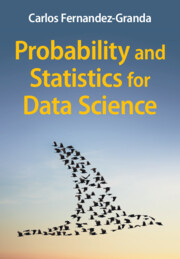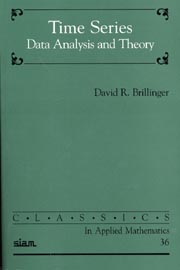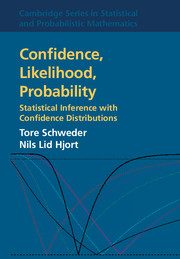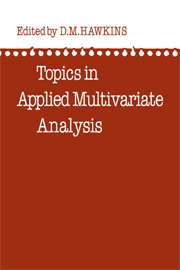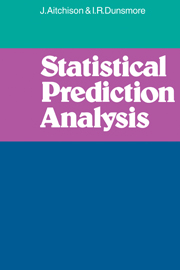Probability and Statistics for Data Science
This self-contained guide introduces two pillars of data science, probability theory, and statistics, side by side, in order to illuminate the connections between statistical techniques and the probabilistic concepts they are based on. The topics covered in the book include random variables, nonparametric and parametric models, correlation, estimation of population parameters, hypothesis testing, principal component analysis, and both linear and nonlinear methods for regression and classification. Examples throughout the book draw from real-world datasets to demonstrate concepts in practice and confront readers with fundamental challenges in data science, such as overfitting, the curse of dimensionality, and causal inference. Code in Python reproducing these examples is available on the book's website, along with videos, slides, and solutions to exercises. This accessible book is ideal for undergraduate and graduate students, data science practitioners, and others interested in the theoretical concepts underlying data science methods.
- Focuses on the topics most relevant to data science in practice
- Emphasizes intuition and concrete applications while remaining mathematically rigorous and proving all mathematical statements
- Allows readers to practice and review concepts with 200 exercises and 100 videos
Reviews & endorsements
'Fernandez-Granda's Probability and Statistics for Data Science is a comprehensive yet approachable treatment of the fundamentals required of all aspiring Data Scientists-whether they be in academia, industry or elsewhere. The language is clear and precise, and it is one of the best-organized treatments of this material I have ever seen. With lucid examples and helpful exercises, it deserves to be the leading text for these topics among undergraduate and graduate students in this technical, fast-moving discipline. Instructors take note!' Arthur Spirling, Princeton University
'If you're mathematically inclined and want to master the foundations of data science in one go, this book is for you. It covers a broad range of essential modern topics - including nonparametric methods, causal inference, latent variable models, Bayesian approaches, and a thorough introduction to machine learning - all illustrated with an abundance of figures and real-world data examples. Highly recommended.' David Rosenberg, Office of the CTO, Bloomberg
Product details
July 2025Adobe eBook Reader
9781009189286
0 pages
Not yet published - available from July 2025
Table of Contents
- Preface
- Book Website
- Introduction and Overview
- 1. Probability
- 2. Discrete variables
- 3. Continuous variables
- 4. Multiple discrete variables
- 5. Multiple continuous variables
- 6. Discrete and continuous variables
- 7. Averaging
- 8. Correlation
- 9. Estimation of population parameters
- 10. Hypothesis testing
- 11. Principal component analysis and low-rank models
- 12. Regression and classification
- A. Datasets
- References
- Index.

